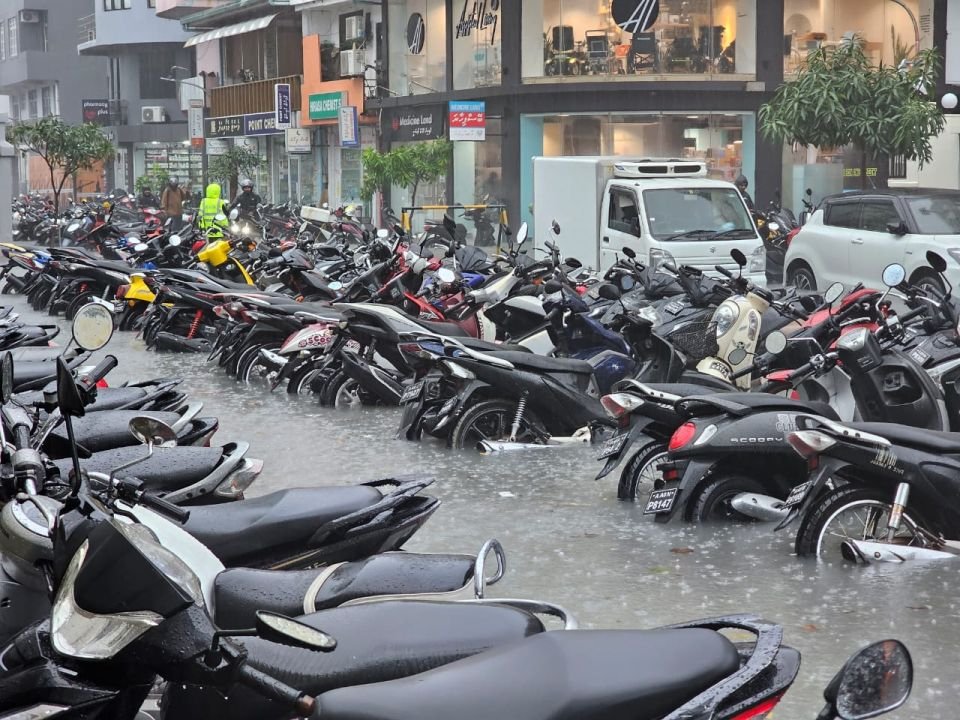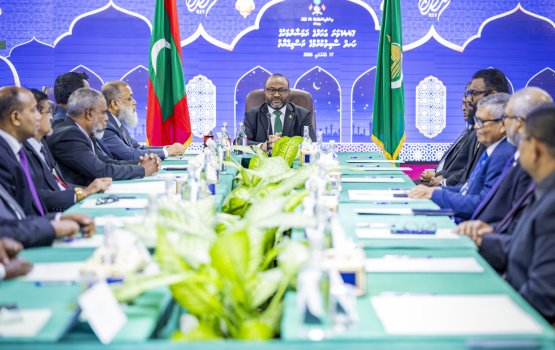The Asian Development Bank (ADB) has approved a $21.95 million financing package to build Maldives’ capacity to combat the effects of climate change and ensure the sustainability of its food systems.
The financing package comprises a $4 million concessional loan and a $17.95 million grant from the Asian Development Fund, which provides grants to ADB’s poorest and most vulnerable developing member countries.
ABD said that the Enhancing Climate Resilience and Food Security Project will strengthen the country’s resilience to disasters and climate change by upgrading the early warning systems in Addu City and Malé.
These measures will enable the Maldives Meteorological Service to establish a real-time weather monitoring and early warning system. It will conduct community training and awareness-raising on climate change adaptation measures and disaster preparedness and response.
It also noted that the project will help Kulhudhuffushi Island, the most populous island in the northern region, improve its flood protection and management by constructing stormwater drainage and filtration systems, restoring mangrove areas, and introducing other nature-based solutions. Offshore and nearshore infrastructures such as artificial reefs, berms, and groynes will be constructed for coastal protection and sand retention.
To help achieve long-term food security, ADB will introduce climate-smart urban farming technologies and practices in Haa Dhaalu and Addu atolls. It will construct a multipurpose facility for the Hanimaadhoo Agriculture Center (HAC) to strengthen its training and research services. The enhanced training, agriculture extension, and business advisory services to farmers, cooperatives, civil society organizations, and women and young agribusiness entrepreneurs will support the expansion of the local food supply and creation of income and employment opportunities. The project will help these beneficiaries to obtain matching grants to develop and expand their businesses and enterprises.








